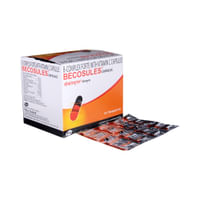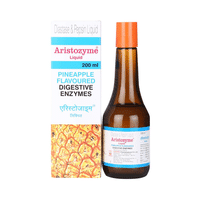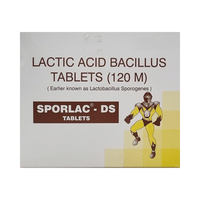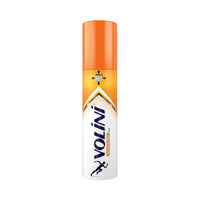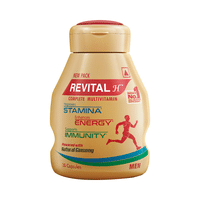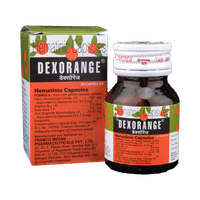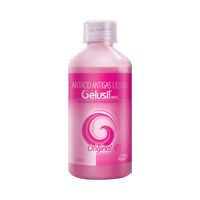Atrisol Eye Drop
Rs.44.20for 1 bottle(s) (5 ml Eye Drop each)
food interaction for Atrisol
alcohol interaction for Atrisol
pregnancy interaction for Atrisol
lactation interaction for Atrisol
food
alcohol
pregnancy
lactation
No interaction found/established
No interaction found/established
Information regarding the use of Atrisol Eye Drop during pregnancy is not available. Please consult your doctor.
CONSULT YOUR DOCTOR
Information regarding the use of Atrisol Eye Drop during breastfeeding is not available. Please consult your doctor.
CONSULT YOUR DOCTOR
SALT INFORMATION FOR Atrisol
Atropine(1% w/v)
Uses
Atropine is used in the treatment of bradycardia.
How it works
Atropine is an anticholinergic medication. It works by blocking the activity of a chemical messenger (acetylcholine) in the brain.
Common side effects
Dryness in mouth, Difficulty in urination, Constipation, Blurred vision, Dry skin, Slow heart rate, Photophobia, Dilatation of pupil, Loss of accommodation, Fever, Confusion, Eyelid swelling, Tachycardia, Reduced sweating, Heat intolerance, Skin rash, Dizziness, Skin flushing, Restlessness, Tremors, Fatigue, Eye pain, Stinging in the eyes, Superficial keratitis, Decreased lacrimation, Papillary conjunctivitis, Contact dermatitis, Local reaction, Hypotension (low blood pressure), Respiratory depression, Hallucination, Abnormality of voluntary movements, Speech disorder, Hyperactivity, Seizure
Chlorbutol(0.35% w/v)
Uses
Chlorbutol is used to prevent infections.
How it works
Chlorbutol is a preservative. It has an anti-microbial property. It increases shelf life of various pharmaceutical products.
Common side effects
Limited data available
Prednisolone(0.25% w/v)
Uses
Prednisolone is used in the treatment of severe allergic reactions, allergic conditions, rheumatic disorder, skin disorders, eye disorders and nephrotic syndrome.
How it works
Prednisolone is a steroid which works by blocking the production of certain chemical messengers in the body that cause inflammation (redness and swelling) and allergies.
Common side effects
Reduction in bone density, Upset stomach, Behavioral changes, Mood changes, Weight gain
SUBSTITUTES FOR Atrisol
No substitutes foundExpert advice FOR Atrisol
- It is given into the veins or muscles under the supervision of a doctor.
- It may cause blurred vision. Do not drive or do anything that requires mental focus until you know how this medicine affects you.
- Avoid taking Atropine if you have urinary retention, high blood pressure, any heart problems or high thyroid hormone level.
- Inform your doctor if you notice a skin rash, swelling of the face, or tongue and trouble breathing.
- Inform your doctor if you are pregnant, planning pregnancy, or breastfeeding.
Frequently asked questions FOR Atrisol
Atropine
Q. Is atropine a controlled substance?
No, it is available as prescription drug
Q. Is atropine a beta blocker /calcium channelblocker/adrenaline/ parasympathomimetic/vasopressor?
No, atropine belongs to class of medication called as anticholinergics or cholinergic antagonist
Q. Is atropine an agonist or antagonist?
Atropine is an antagonist of cholinergic receptors
Chlorbutol
Q. What is chlorobutanol used for?
Chlorbutol is used in different formulations such as cream, mouthwash and decongestant capsules.Cream: to treat mild pain caused by minor skin cuts, scratches and grazes (chapping) and soreness caused by detergents, soaps, deodorants and jewellery and bites and stings.Mouthwash solution: to inhibit dental plaque formation, as an aid in the treatment and prevention of irritation, redness, and swelling of gums (gingivitis), and in maintaining oral hygiene. It is important in the management of mouth ulceration and oral infections due to fungus candida and can be used as an adjuvant treatment for minor infections of the throat. It is also used as a disinfectant solution for cleansing of removable dentures.Capsule: for the symptomatic relief of colds and the symptomatic rapid relief of nasal congestion.
Prednisolone
Q. Is Prednisolone an anti-inflammatory drug?
Prednisolone belongs to the class of corticosteroids which has anti-inflammatory properties. It works by suppressing the inflammation associated with many diseases, for example, arthritis. Therefore, Prednisolone is used for the treatment of a number of inflammatory and auto-immune conditions.
Q. How long can I take Prednisolone for?
It is advisable to take Prednisolone for the duration prescribed by your doctor. Do not stop the treatment suddenly or take for a longer period than recommended by your doctor.
Q. Does Prednisolone contain penicillin?
No, Prednisolone does not contain penicillin. Prednisolone belongs to a group of medicines called steroids.













